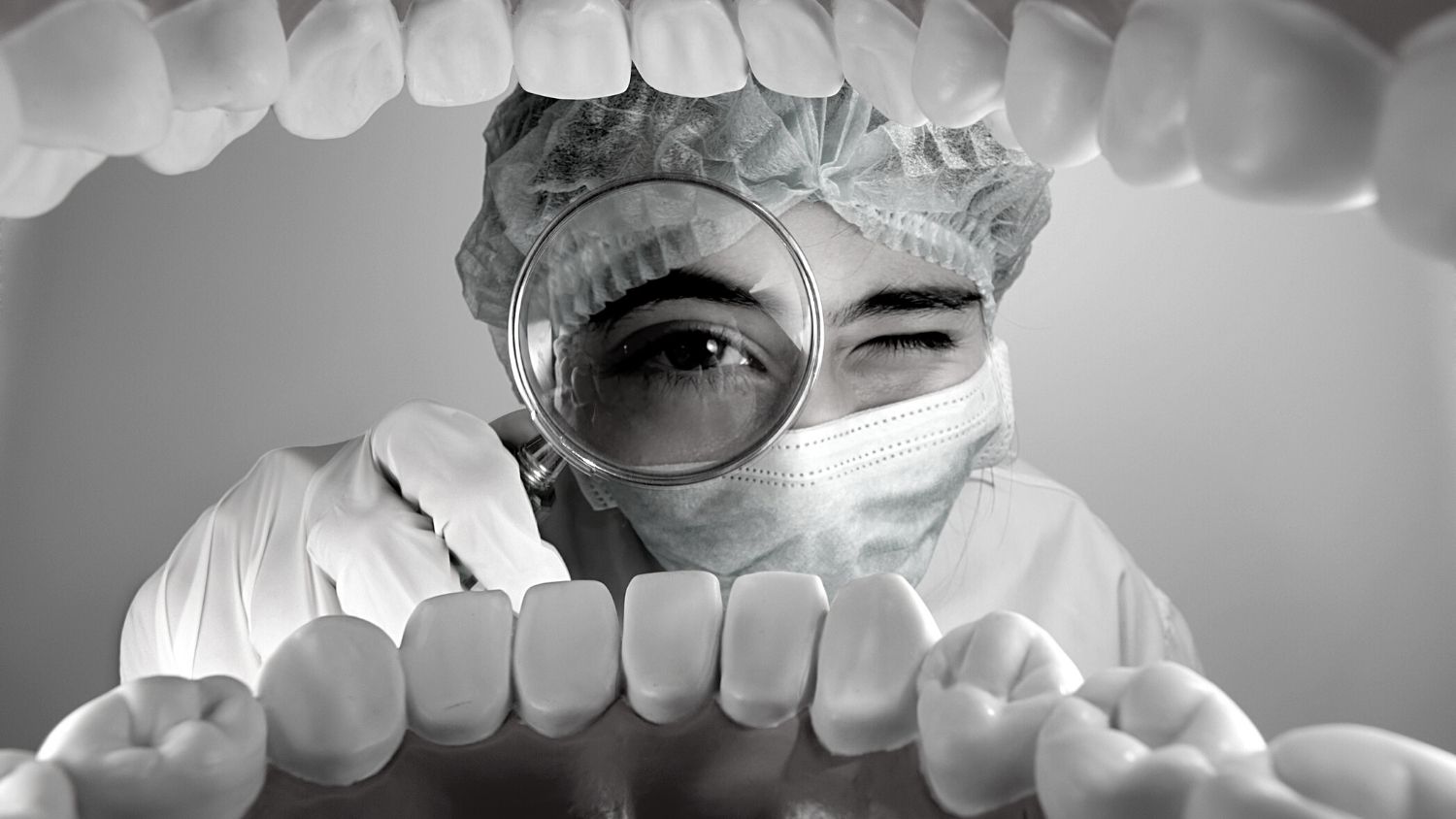Oral Cancer Treatment
Cancer starts when cells change (mutate) and grow out of control. The changed (abnormal) cells often grow to form a lump or mass called a tumor. Cancer cells can also grow into (invade) nearby areas. They can spread to other parts of the body, too. This is called metastasis.

Oral cancer is cancer that starts in cells that make up the inside of the mouth or the lips. Oral cancer is fairly common. It can be cured if found and treated at an early stage (when it's small and has not spread). A healthcare provider or dentist often finds oral cancer in its early stages because the mouth and lips are easy to exam
Who is at risk for oral cancer?
A risk factor is anything that may increase your chance of having a disease. The exact cause of someone’s cancer may not be known. But risk factors can make it more likely for a person to have cancer. Some risk factors may not be in your control. But others may be things you can change.
Oral cancer is twice as common in men as it is in women. Other factors that increase risk include:
- • Past or current use of any form of tobacco
- • Heavy alcohol use
- • A lot of sun exposure
- • Fair skin
- • Human papillomavirus (HPV) infection
- • Lack of fruits and vegetables in your diet
- • Chronic mouth irritation, such as from dentures that aren't fitted correctly
- • Using betel quid or gutka chewing tobacco products
- • Some inherited conditions, such as Fanconi anaemia
- • Weakened immune system
Can oral cancer be prevented?
There is no sure way to prevent all mouth and throat cancers. But you can control some risk factors to help reduce your risk:
- • Quit using all types of tobacco
- • Stay away from other people’s tobacco smoke (secondhand smoke)
- • Limit or don’t drink alcohol
- • Protect yourself from ultraviolet light exposure
- • Prevent HPV infection
- • Eat lots of fruits and vegetables
- • Have dentures fitted correctly
- • Take care of your mouth and teeth
How is oral cancer treated?
Your treatment choices depend on the type of oral cancer you have, test results, and the stage of the cancer. The goal of treatment may be to cure you, control the cancer, or help ease problems caused by the cancer. Talk with your healthcare team about your treatment choices, the goals of treatment, and what the risks and side effects may be. Other things to think about are if the cancer can be removed with surgery, how your body will look and work after treatment, and your overall health.
Types of treatment for cancer are either local or systemic. Local treatments remove, destroy, or control cancer cells in one area. Surgery and radiation are local treatments. Surgery is a common treatment for oral cancer. Systemic treatment is used to destroy or control cancer cells that may have travelled around your body. When taken by pill or injection, chemotherapy, immunotherapy, and targeted therapy are systemic treatments. You may have just one treatment or a combination of treatments.
Oral cancer may be treated with:
- • Surgery
- • Radiation therapy
- • Chemotherapy
- • Targeted therapy
- • Immunotherapy
- • Supportive care
What are treatment side effects?
Cancer treatment such as chemotherapy and radiation can damage normal cells. This can cause side effects such as hair loss, mouth sore, and vomiting. Talk with your healthcare provider about side effects linked with your treatment. There are often ways to manage them. There may be things you can do and medicines you can take to help prevent or control many treatment side effects.
After surgery for oral cancer, you may need extra care to adjust to new ways of eating, drinking, speaking, and breathing. The types of changes you have depend on the type of surgery that was done.
Book An Appointment
